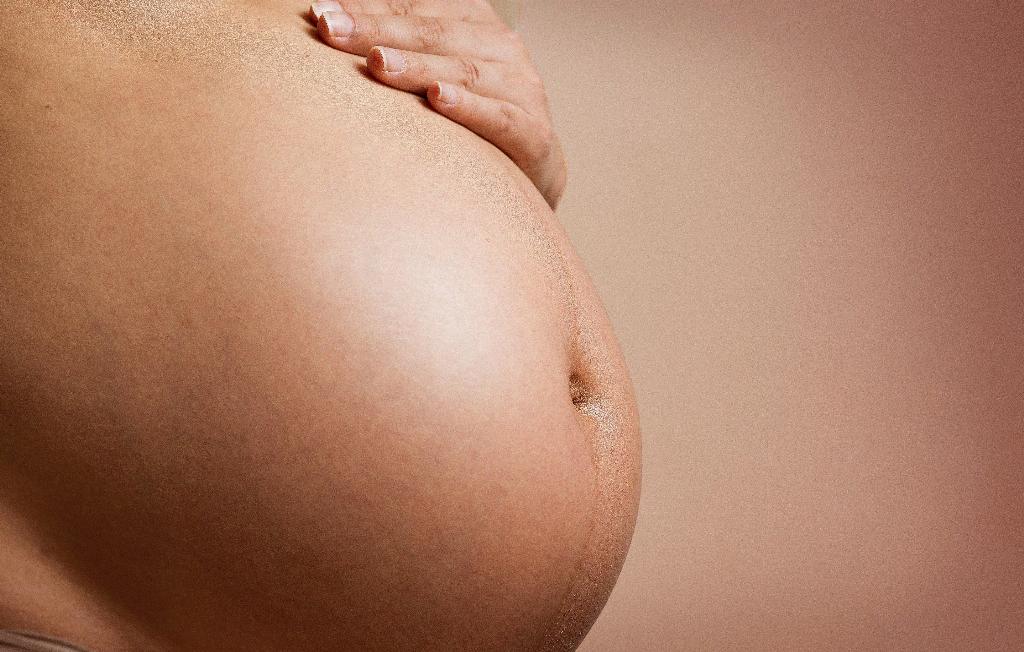When it comes to the safety of the Respiratory Syncytial Virus (RSV) vaccine, it’s essential to look at the data from clinical trials. These trials have shown that both RSV vaccines and passive immunization through monoclonal antibody products have been not only effective but also safe in preventing RSV-associated Lower Respiratory Tract Disease (LRTD). This is a significant finding that provides reassurance to those considering vaccination.
It is crucial to remember that all vaccines and medications, including RSV vaccines and monoclonal antibody products, have the potential for side effects. While the efficacy of these preventive measures is well-documented, it is always important to weigh the benefits against any potential risks. Understanding the safety profile of the RSV vaccine is key to making an informed decision about vaccination.
Given the positive outcomes of clinical trials regarding the safety and efficacy of the RSV vaccine, healthcare professionals can confidently recommend this preventive measure to individuals at risk of RSV-associated LRTD. The data from these trials provide a solid foundation for advocating for vaccination as a means of protecting vulnerable populations, particularly infants and elderly individuals.
One of the primary concerns surrounding vaccines is the risk of adverse reactions. While it is true that vaccines, including the RSV vaccine, can trigger side effects in some individuals, the overall safety profile of these preventive measures is favorable. The benefits of vaccination in preventing serious RSV-related complications typically outweigh the potential risks of adverse reactions.
It is essential for healthcare providers to educate patients and caregivers about the safety of the RSV vaccine. By discussing the data from clinical trials and highlighting the benefits of vaccination, healthcare professionals can help individuals make informed decisions about their health. Open and transparent communication about vaccine safety is crucial in building trust and promoting vaccination uptake.
While no medical intervention is without risks, the safety of the RSV vaccine has been well-established through rigorous testing and trials. The evidence supporting the use of the RSV vaccine as a preventive measure against RSV-associated LRTD is robust, providing confidence in its safety and efficacy. Individuals considering vaccination can take comfort in the knowledge that this preventive measure has undergone thorough evaluation.
It’s important to acknowledge that individual responses to vaccines can vary, and some individuals may experience mild side effects following vaccination. These side effects are typically transient and resolve on their own. Serious adverse reactions to the RSV vaccine are rare, underscoring the overall safety of this preventive measure in protecting against RSV-related respiratory illnesses.
For individuals with specific concerns about the safety of the RSV vaccine, discussing these apprehensions with a healthcare provider can provide clarity and reassurance. Healthcare professionals are well-equipped to address questions about vaccine safety and efficacy, offering personalized guidance based on individual health histories and risk factors. Open dialogue is essential in fostering confidence in vaccination.
It’s worth noting that ongoing monitoring and surveillance of vaccine safety play a crucial role in identifying and addressing any potential rare adverse events associated with the RSV vaccine. This continuous evaluation ensures that the safety profile of the vaccine remains favorable and that any emerging safety concerns are promptly addressed through appropriate regulatory measures.
Ultimately, the safety of the RSV vaccine is a result of comprehensive evaluation and monitoring, coupled with transparent communication about vaccine safety and efficacy. By staying informed about the latest updates and recommendations regarding the RSV vaccine, individuals can make empowered decisions about vaccination. The safety of the RSV vaccine is a testament to the dedication to ensuring public health and well-being.
In conclusion, the safety of the RSV vaccine is supported by robust data from clinical trials, indicating its effectiveness in preventing RSV-associated LRTD while maintaining a favorable safety profile. The benefits of vaccination far outweigh the potential risks, making the RSV vaccine a valuable preventive measure for individuals at risk of RSV-related respiratory illnesses. By understanding the safety of the RSV vaccine and engaging in open communication with healthcare providers, individuals can confidently make informed decisions about vaccination.

